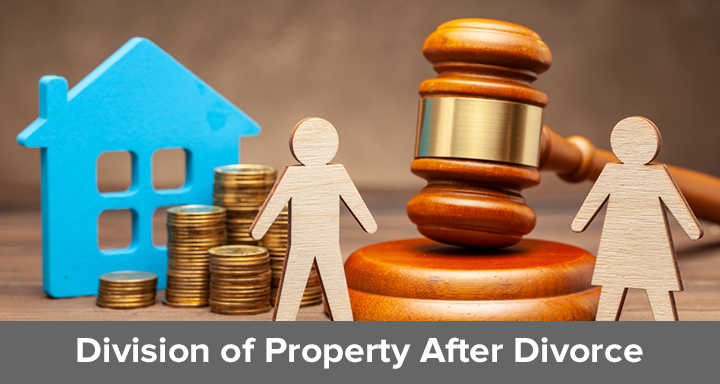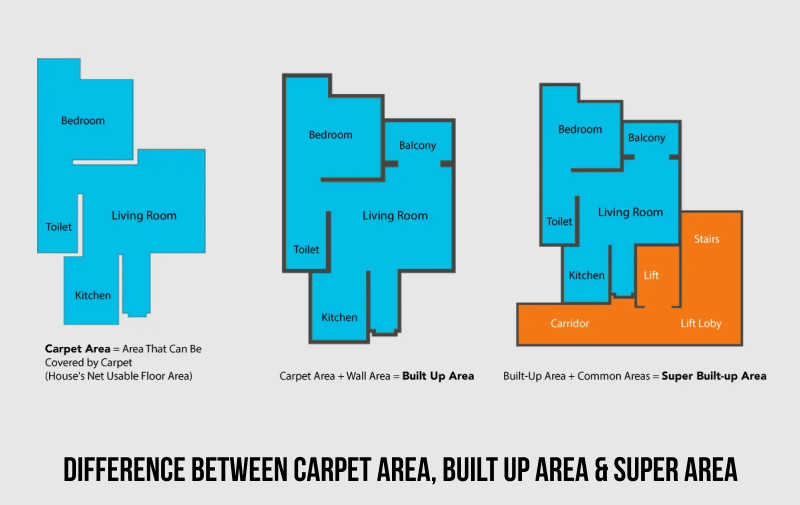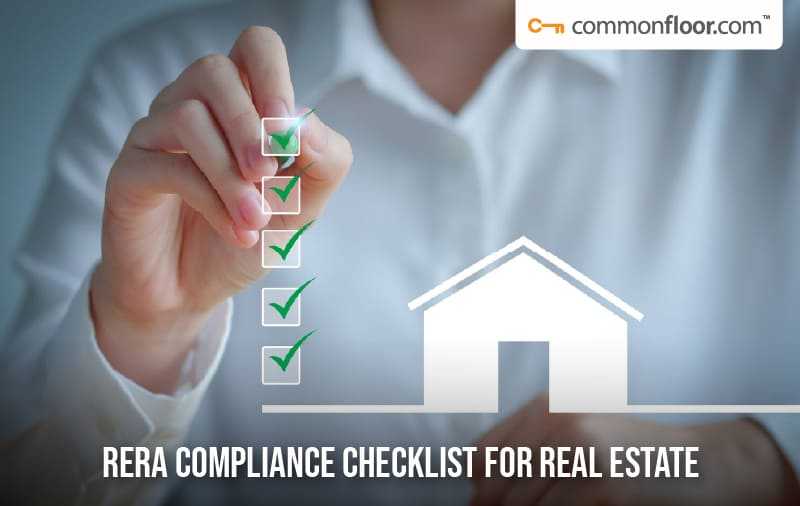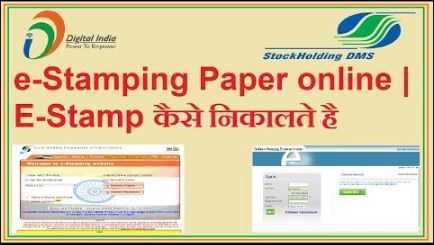How Jointly Owned Property Impacted After Divorce
There are many legal and financial obligations involved in buying a home. To share the burden of buying a home, people often opt for joint ownership, with relatives, especially spouses. Many people buy a property with their own money but register it in the name of their wives to benefit from the low property registration fee for women. In such a case, the wife may continue to hold ownership.
If a property is purchased and paid for by one person and the title is held by another, the person in whose name the property is held will be deemed to be its legal owner.
Before we proceed further, it will be important to note that this law accepts the property on which his/her name is registered. Contributions made during the purchase of any other party, cash or in-kind, are not recognized, legally speaking, unless you have sufficient evidence to prove otherwise.

Joint Ownership Of A Property
If the property is registered as the joint property of a getting married couple, the wife will be able to claim at the time of divorce. Based on his contribution to the property, the court will give him his share. If the property is fully registered in the woman’s name, she will be able to claim it in full until the man can prove that he contributed to the purchase. There are various reasons for favoring joint ownership in the property:
- Stamp duty waiver for women investors
- Tax benefits linked with joint ownership
- Loan eligibility increases and the repayment process becomes easier
Settlement Of Jointly Owned Property Upon Divorce
At the time of divorce, couples are often confused and doubtful about the division of property they hold jointly. The problem occurs because the separation event is not considered when buying jointly and there is no proper documentation.
When a couple decides to separate, the house is jointly taken and mortgaged to a financial institution. There are several ways to settle this and the outstanding balance:
- Sell the property and clear debt. The remaining amount can be divided mutually.
- One party may exercise ownership over the property by disposing of the other party’s contribution. The property can then be refinanced based on its borrowing capacity.
- Clear the name of a party from the lending account of the lending institution. The institution will assess the possibility of doing so and the loan amount will be outstanding by examining the repayment capacity of the other party.
Division of Property At The Time Of Divorce
- Division by mutual permission: The division of jointly-held property can be smooth if there is mutual understanding for both.
- Equity
- Ownership
- Contribution
The partners receive their share according to equity/contribution
- Proof of Contributions made for the purchase of property: The person holding the title is the owner, even if the other partner has contributed to the purchase of the money overall. The other partner must prove the financial contribution made by him to get a fair share.
- Self-acquired property/inherited property: That self-acquired property is not part of any settlement at the time of divorce. Future inherited assets do not form part of the settlement. If the division or succession of paternal property is done by the law and the spouse has received his shares, such property becomes the self-acquired property of the spouse and is not subject to settlement at the time of divorce.
- Disposal of joint property as per Section 27 of the Hindu Marriage Act: The Hindu Marriage Act, 1955 provides for an act for the disposal of property jointly presented at the time of marriage or to his spouse. The joint property purchased after marriage is outside the purview of this section. However, if the parties have reached an agreement regarding such assets, the court may record the same at the time of passing the decree.
- Right to maintenance: The right of maintenance includes the right of residence even after divorce. However, the right depends on the terms of the divorce judgment. In Hindu law, either party can apply for permanent alimony and a grant of maintenance pendant light.
FAQs
How Is Property Divided After A Divorce?
When the court grants a divorce, the property will be divided equitably (not always equally) between the two spouses. This is decided under the Equitable Distribution Law. During the divorce, both spouses have to tell the court about their income and any debts they owe.
What Is Marital Property?
Marital property includes all property purchased during the marriage of either spouse. It does not matter who the title is named after. For example, if a couple has bought a house, but only the husband’s name is on the deed, the wife will be entitled to some value of the house if she divorces.
What Property Can Be Divided In A Divorce?
There are two different types of property for purposes of divorce. Property that the couple purchased during marriage is called “marital property”. Property that you had before marriage or was just a gift to you from someone other than your spouse is called a “separate property”. Marital property can be divided between two spouses.
What Is Separate Property?
Separate property is an asset that is owned by the premarital spouses. For example, a scooty that was owned by the wife before her marriage would be considered separate property. Any inheritance a spouse receives, even during marriage, is separate property. So are personal gifts (unless they came from another spouse or partner) and payments for personal injuries.
How Does The Court Determine What Is Equitable?
The court should consider these things when deciding how to distribute the marital property:
- Income and assets of each spouse at the time of marriage
- How long did the marriage last
- Age and health of both spouses
- If there are children, a spouse needs a custodial parent or needs a home or any other marital property while the children are growing up.
- Loss of inheritance and pension benefits
Who Is Responsible For The Loan Or Debt?
The court or divorce agreement can decide who is responsible for any debt or loan. However, you can still be held liable by the lender if you are co-signed with your spouse and the spouse does not make loan payments as they have been ordered.
What Should I Do To Protect My Spouse From Debt?
You should write to the creditors asking them to close any accounts opened jointly. Otherwise, if your spouse continues to use the account, you will be held responsible for the current debt and any future debt.
Data Source: Google







